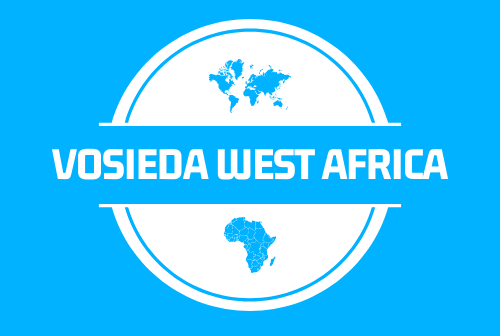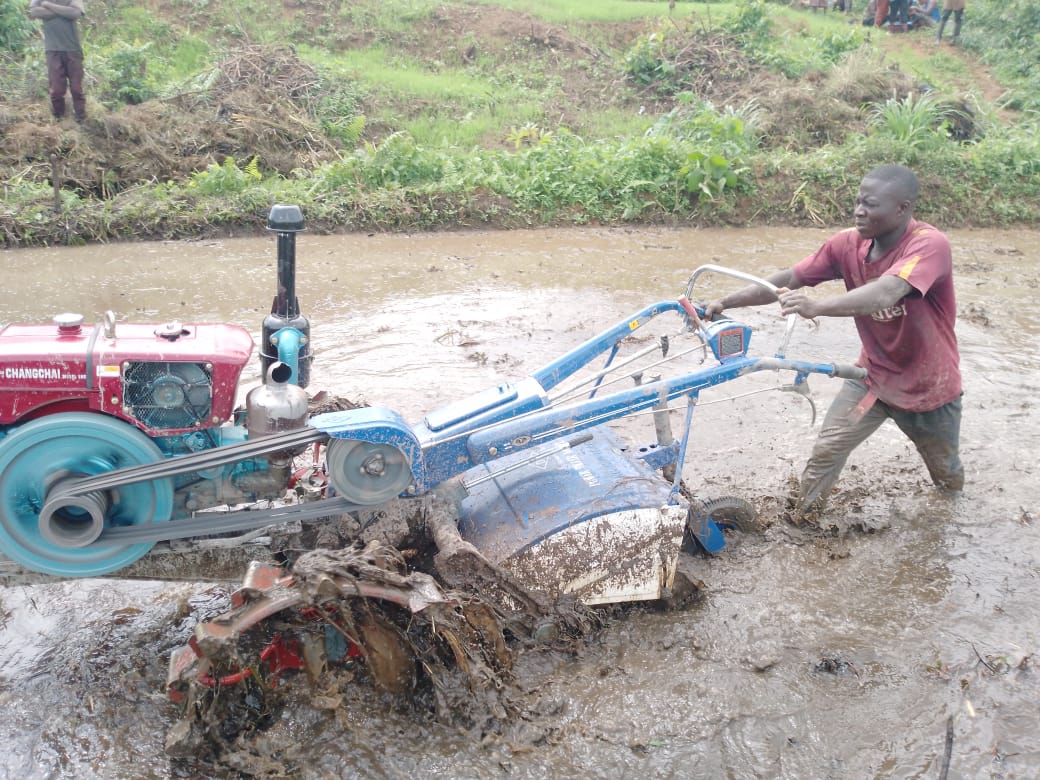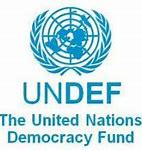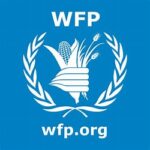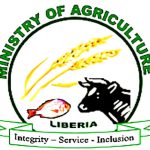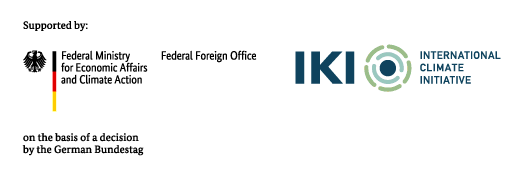Context
The impact of climate change in Liberia is becoming more visible year after year. The weather in Liberia has become unpredictable with increased extreme weather events (heavy rainfall and flooding, varying high temperatures, etc). Local farming communities and farmers across Liberia are becoming susceptible to the adverse effects of climate change as their farming calendar is becoming unpredictable. On the other hand, the current traditional farming practices are part of the climate change drivers. Agriculture contributes to climate change in Liberia through land-use changes such as soil disturbance, deforestation, slash-and-burn farming systems, shifting cultivation, rain-fed agriculture systems, etc. This is creating further stress on significant forest stocks through deforestation and the destruction of biodiversity. These slash-and-burn/shifting cultivation practices release greenhouse gases (GHGs), especially carbon dioxide (CO2), by cutting trees and burning vegetation.
The Intervention

The project facilitates climate-smart agriculture techniques to empower smallholder farmers, mainly women and youths, to employ sustainable and regenerative farming practices in Nimba County, Northern Liberia. The project aims to strengthen rural communities’ resilience to climate change impacts through small-scale agricultural practices, promoting increased sustainable productivity and reduced agrarian sector GHG emissions.
Expected Results
- Improved land use and productivity increased through climate-smart agriculture practices;
- Strengthened communities’ resilience to climate change;
- Reduced agriculture-based greenhouse gas emissions;
- Enhanced income generation of smallholder farming communities.

 The activities include setting up lowland rice farming groups, roots and tubers (cassava) farming groups, vegetable and fruit productions, and farmers’ field schools as learning and demonstration sites. About 1,400 hectares of farmland will be developed, with farming techniques that ensure farming practices continue in the same spots for decades without shifting to new sites.
The activities include setting up lowland rice farming groups, roots and tubers (cassava) farming groups, vegetable and fruit productions, and farmers’ field schools as learning and demonstration sites. About 1,400 hectares of farmland will be developed, with farming techniques that ensure farming practices continue in the same spots for decades without shifting to new sites.
The project will directly impact 4,200 farming households, representing about 21,000 farmers.
Key Facts
Sector: Food Security & Livelihoods Enhancement
Domain: Food Security, Poverty Eradication, and Climate Change
Benefiting zone: Liberia
Nature: Performance-based contract
Duration: 2022 – 2025
Status: Active
